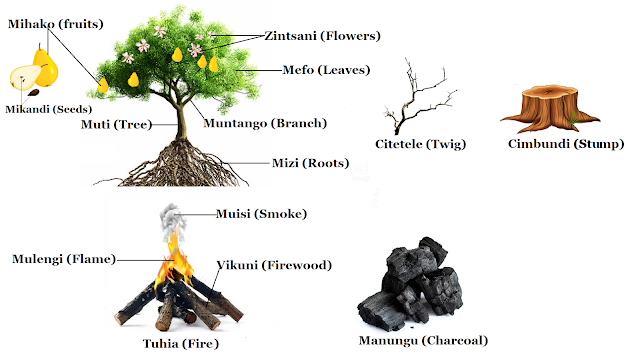Words related to living quarters.

Semantics is the linguistic study of the meaning of a word, phrase or text in language. Semantics tone are a very important feature of the Luchazi language. WORDS RELATED TO LIVING QUARTERS. WORDS OR PHRASES OF PLACE AND WORDS RELATED TO LIVING QUARTERS. 1. Limbo = Village, or a settlement comprising a group of houses. 2. Hembo = One's place of residence or village. 3. Kuimbo = Home, or one's own place of origin. 4. Tunga = Build. 5. Ndzivo = House, or a building that serves as a living quarter; or any building in which something is housed. 6. Ndzivo ya vipako = Warehouse. 7. Ndzivo ya vitua = Armoury. 8. Muandzi = Crack. 9. Miandzi (plural) = Cracks. 10. Tungulula = Rebuild. 11. Vumba = Mold/Make. 12. Ndopi = Brick. 13. Zindopi (plural) = Bricks. 14. Ndova = Plaster. 15. Ndzango = a thatched structure built in the centre of the village and serves as the meeting place of all men. 16. Ntsenge = A shelter or place where food is prepared and cooked; or kitchen. 17.
